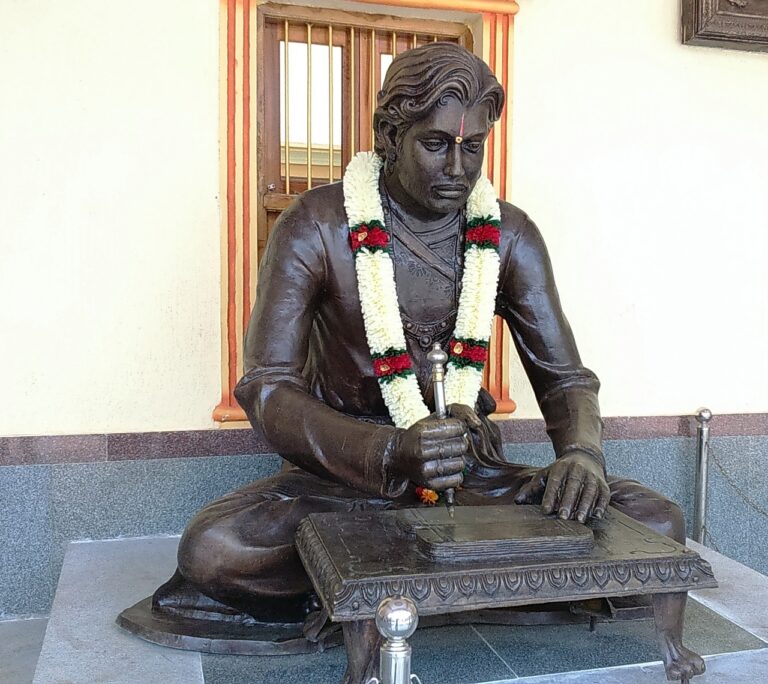Evaluating the Impact of Disinformation on Election Outcomes: 11xplay online id, Anna reddy book, Golden7777.com admin
11xplay online id, anna reddy book, golden7777.com admin: Evaluating the Impact of Disinformation on Election Outcomes
In recent years, the spread of disinformation has become a significant concern when it comes to election outcomes. With the rise of social media and online platforms, false information can quickly spread like wildfire, influencing voters and potentially swaying election results. Understanding the impact of disinformation on election outcomes is crucial in maintaining the integrity of democratic processes.
The Role of Disinformation in Elections
Disinformation refers to false or misleading information that is spread deliberately to deceive or manipulate people. During elections, disinformation can take many forms, such as fake news articles, doctored images, and misleading statements. The goal of spreading disinformation during elections is often to discredit opponents, influence public opinion, or sow confusion and doubt among voters.
The Impact of Disinformation on Voters
One of the key ways disinformation can impact election outcomes is by influencing voters’ perceptions and decisions. When voters are exposed to false information, they may be swayed to support a candidate or issue based on lies or misinformation. This can ultimately affect voter turnout, support for candidates, and even the final outcome of an election.
The Spread of Disinformation on Social Media
Social media platforms have become a breeding ground for disinformation due to their wide reach and ability to rapidly disseminate information. False information can spread quickly on platforms like Facebook, Twitter, and Instagram, reaching millions of users within seconds. This can make it challenging for fact-checkers and authorities to combat the spread of disinformation effectively.
The Impact of Disinformation on Democracy
The spread of disinformation can have far-reaching implications for democracy. When false information is used to manipulate public opinion, it undermines the foundation of democracy, which relies on informed and engaged citizens making decisions based on accurate information. Disinformation can erode trust in institutions, create division among the population, and ultimately weaken the democratic process.
Evaluating the Impact of Disinformation
Measuring the impact of disinformation on election outcomes can be challenging due to its complex nature. Researchers use a variety of methods, such as surveys, data analysis, and social media monitoring, to assess the reach and effectiveness of disinformation campaigns. By understanding how disinformation spreads and its impact on voters, policymakers can develop strategies to combat its influence and protect the integrity of elections.
FAQs
Q: What can individuals do to combat disinformation during elections?
A: Individuals can combat disinformation by fact-checking information before sharing it, being critical of sources, and reporting false information to social media platforms.
Q: How can governments and tech companies work together to combat disinformation?
A: Governments can implement regulations to hold tech companies accountable for the spread of disinformation, while tech companies can invest in algorithms and AI to detect and remove false information from their platforms.
Q: Can disinformation be completely eradicated?
A: While it may be challenging to completely eradicate disinformation, efforts to educate the public, regulate social media platforms, and promote media literacy can help mitigate its impact on election outcomes.







